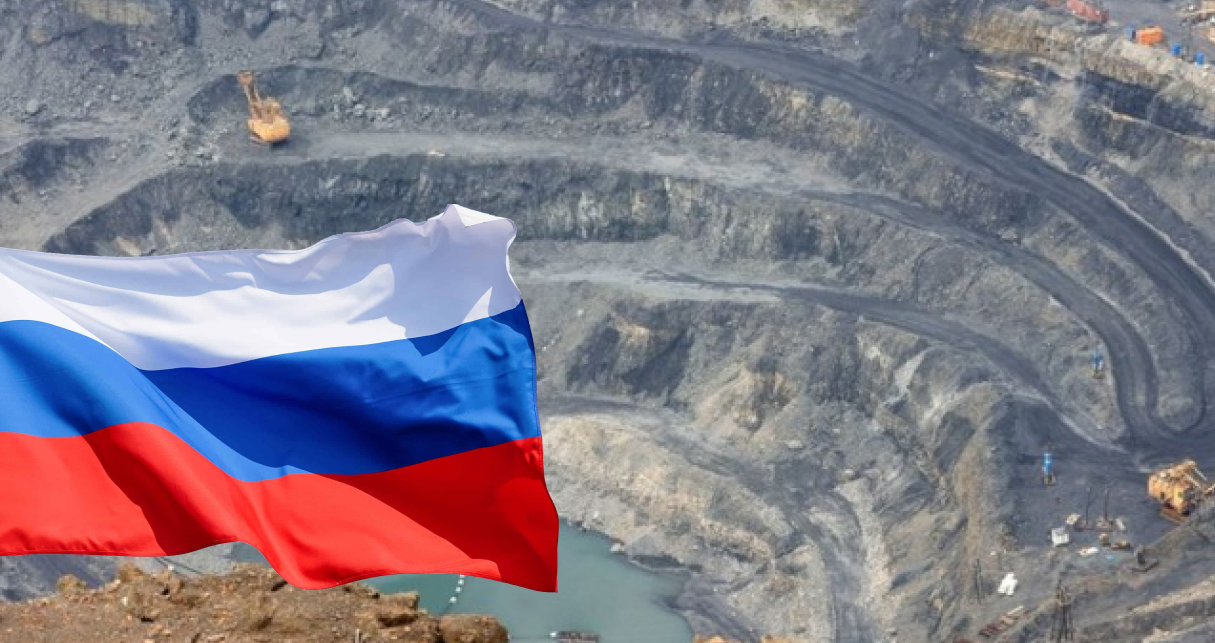Europe imported €13 billion worth of precious metals from Russia despite sanctions

From March 2022 to July 2023, the European Union imported €13.7 billion worth of "critical" raw materials from Russia, including nickel and titanium, from companies associated with the Kremlin.
Investigate Europe reported in its investigation.
Since Russia's invasion of Ukraine in February 2022, the EU has adopted 11 sanctions packages targeting raw materials, especially steel, oil and coal. However, minerals are still flowing from Russia to Europe.
"Why are critical raw materials not banned? Because they are critical, right. Let's be honest," the EU's special envoy for sanctions, David O’Sullivan, said at a September conference.
An analysis of Russian customs data showed that Vsmpo-Avisma, the world's largest titanium producer, sold at least $308 million worth of raw materials to the EU through its branches in Germany and the UK between February 2022 and July 2023. It is part-owned by Russia's national defence conglomerate, Rostec. Both companies share the same chairman: Sergei Chemezov, a close Putin ally.
Despite the fact that both Rostec and its head are under EU sanctions for helping to supply weapons and equipment to the Russian army, Brussels has not yet imposed them directly on Vsmpo-Avisma.
It is also known that among the European buyers of Russian metals were Germany's GGP Metal Powder ($66 million of copper), Greece's Elval Halcor ($13 million of aluminium) and French arms manufacturer Safran ($25 million of titanium).


